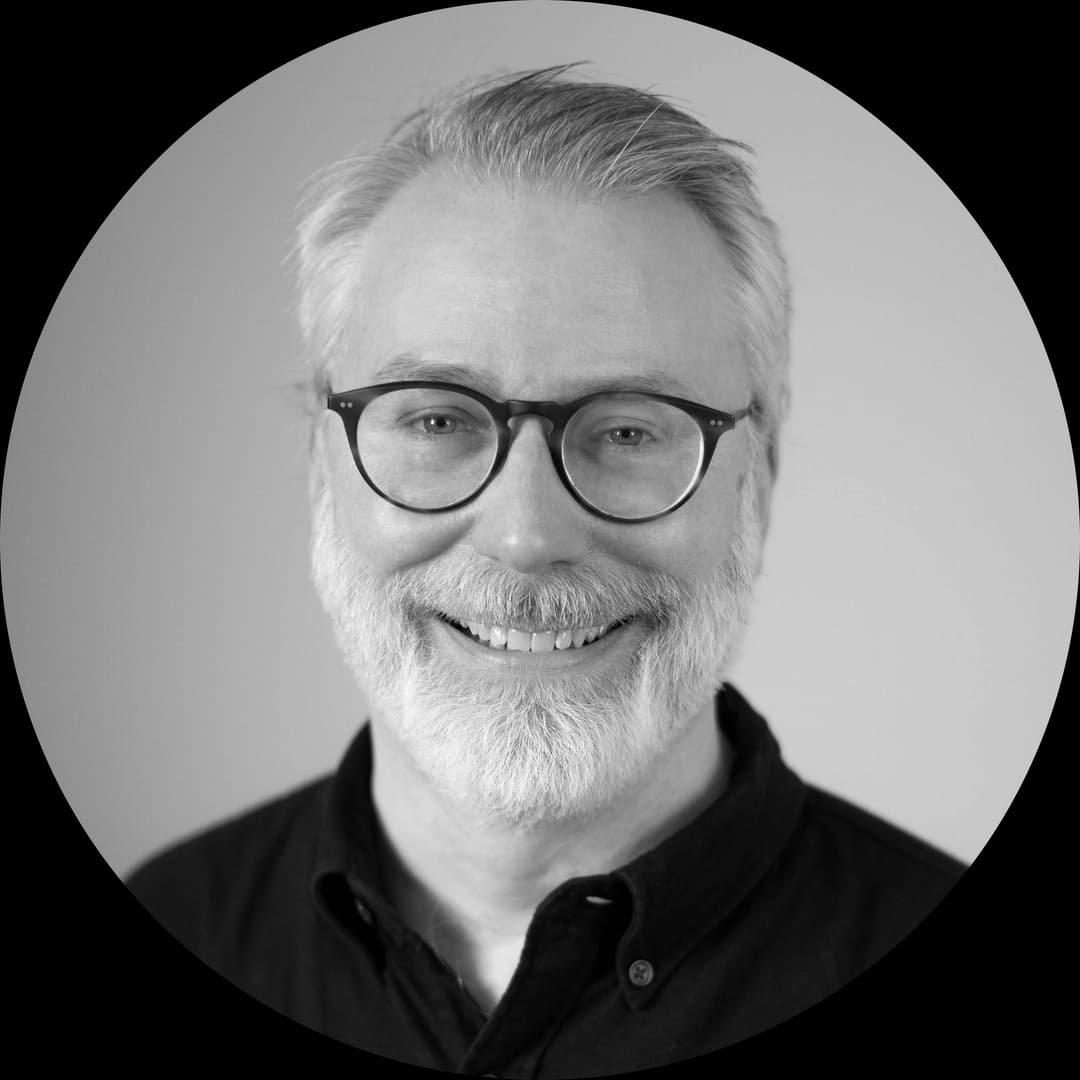
articles / East Bay
World Premiere of ‘Dreamers’ Oratorio at Cal Performances

Composer Jimmy Lopez and librettist Nilo Cruz didn’t realize just how much the issue of immigration would continue to dominate the news when they came together to write the oratorio called Dreamers, which will have its world premiere at Cal Performances this Sunday afternoon (followed by a Monday night Stanford Live performance). They interviewed several undocumented ‘dreamers’ and have based the text on those interviews, in the work for orchestra, chorus, and soprano soloist.
There’s more information about the performance, which is part of a Philharmonia Orchestra residency with Esa-Pekka Salonen, at the Cal Performances website, and the subsequent concert at the Stanford Live site. The premiere will be streamed Sunday afternoon at Cal Performance’s Livestream site.
The piece began when Lopez and Cruz were looking for subjects that were relevant to the community, but also current, and as Lopez says, “What could be more relevant to our day than this crisis, immigration crisis that we’re going through?” Lopez was born in Peru, but lived and studied in the US and Finland, and Cruz was born in Cuba. Each story of relocation and documentation that they encountered helped prove to them how personal an issue it is. “We understand Dreamers like… we have this blanket term. All these young people who are undocumented who came here as children, but their experiences are so so different from each other…Even if they were able to achieve legal status, their parents would never have that option. You know, their parents were the ones who actually sacrificed everything to allow for a brighter future for their children. But then parents will never be able to leave their country, or enjoy all the privileges and rights that any American should have.” They wanted to create a work that although appropriate to current events, wouldn’t feel immediately dated. “This very primal kind of idea that human beings are mobile. That displacement has been part of our lives, and that actually is what makes our societies grow and be more diverse, and expand.” And instead of just looking backwards or surveying the current situation, they wanted to look to the future. “What are the hopes, what are the expectations? What are we looking for, and kind of an invitation to reflect on these issues.”






